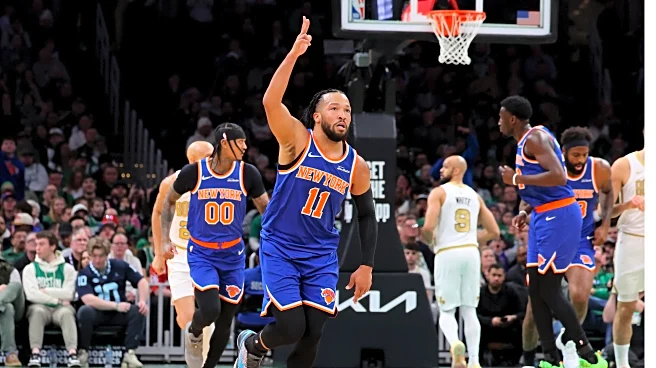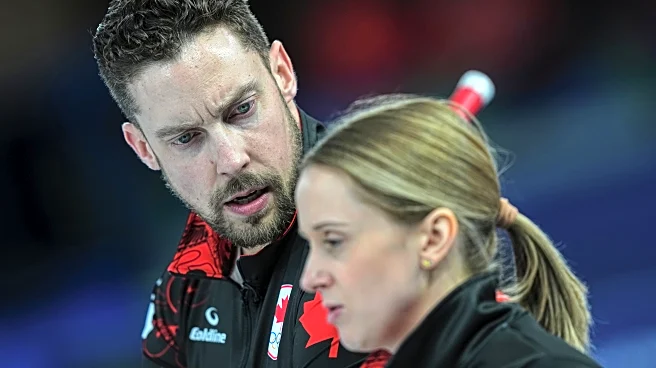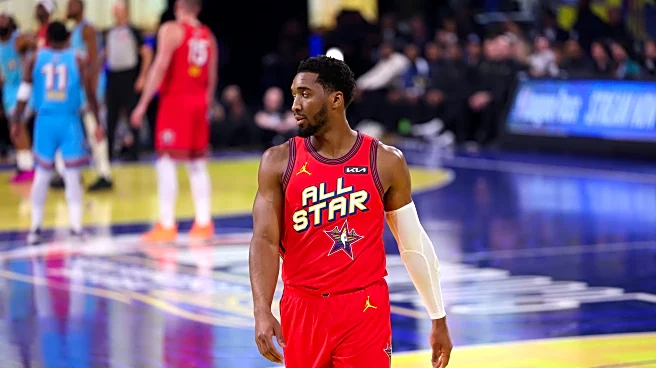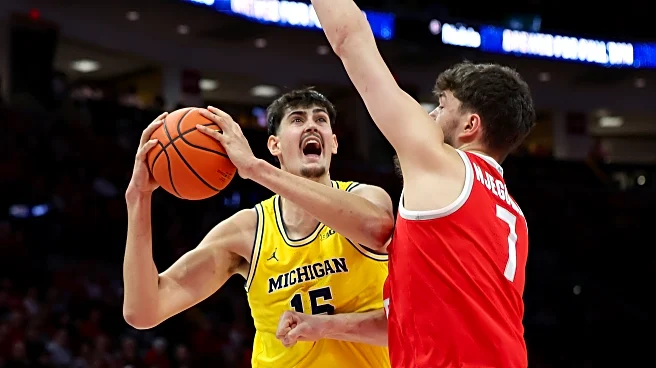Rapid Read • 8 min read
Tunisian filmmaker Kaouther Ben Hania's latest feature, 'The Voice Of Hind Rajab,' is set to debut in competition at the Venice Film Festival. The film tells the poignant story of Hind Rajab, a young Palestinian girl killed by Israeli forces in Gaza. The incident occurred as Rajab and her family were fleeing Gaza City, resulting in the deaths of several family members. The film's narrative is built around real events, including an audio recording of Rajab pleading for help, which deeply impacted Ben Hania during her Oscar campaign for another film. The filmmaker emphasizes the universal grief and the power of cinema to preserve memory and resist amnesia.
AD
The film highlights the ongoing conflict in Gaza and the human cost associated with it, bringing attention to the plight of civilians caught in the crossfire. By focusing on a real-life tragedy, Ben Hania's work underscores the importance of storytelling in raising awareness and fostering empathy. The film's selection for the Venice Film Festival provides a platform for international audiences to engage with the narrative, potentially influencing public opinion and policy discussions regarding the Israeli-Palestinian conflict. It also showcases the role of cinema in addressing global issues and preserving historical events.
The Venice Film Festival will run from August 27 to September 6, where 'The Voice Of Hind Rajab' will be showcased alongside other notable films. The festival's reception of the film could impact its future distribution and viewership, potentially leading to further discussions and actions related to the themes it presents. The film's success may also encourage more filmmakers to tackle similar subjects, using cinema as a tool for social change and historical documentation.
The film's focus on the invisible aspects of conflict, such as waiting and fear, challenges the typical portrayal of violence in media. By keeping the violence off-screen, Ben Hania invites viewers to reflect on the emotional and psychological impacts of war, rather than just the physical destruction. This approach may influence future cinematic techniques and storytelling methods, encouraging filmmakers to explore deeper narratives and the human condition.
AD
More Stories You Might Enjoy












